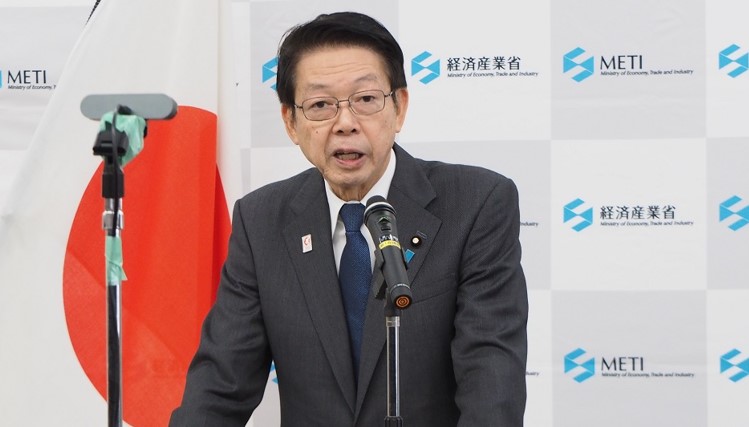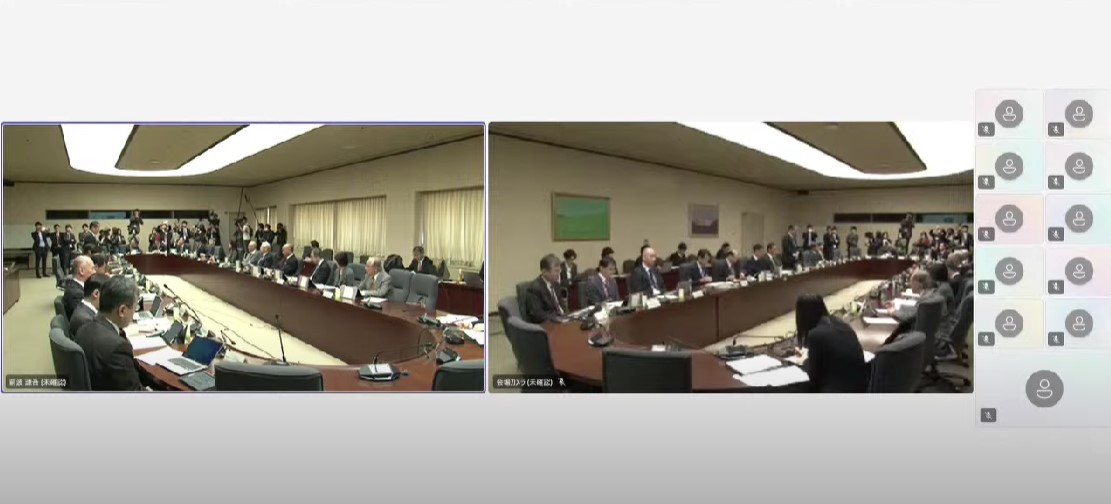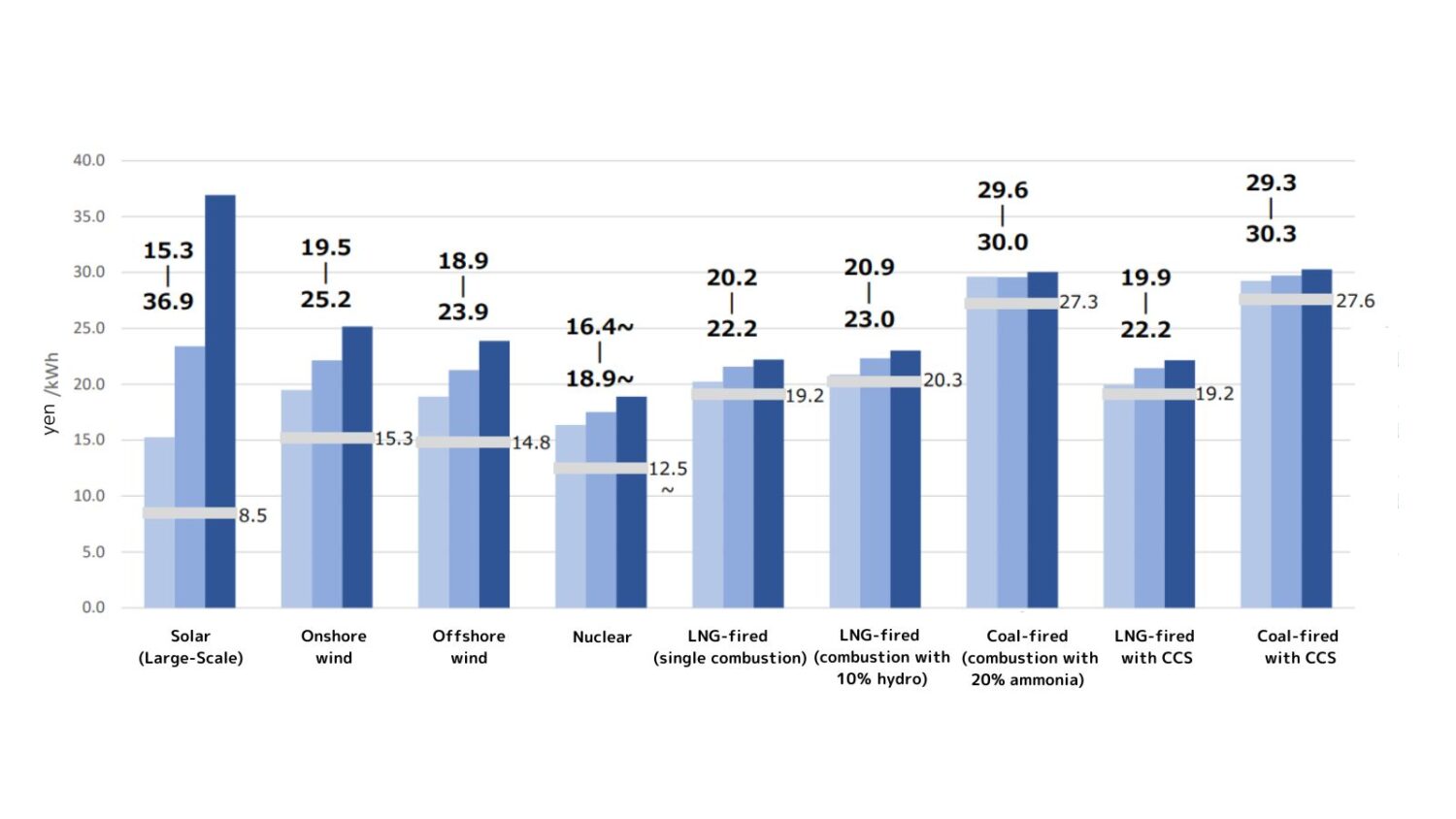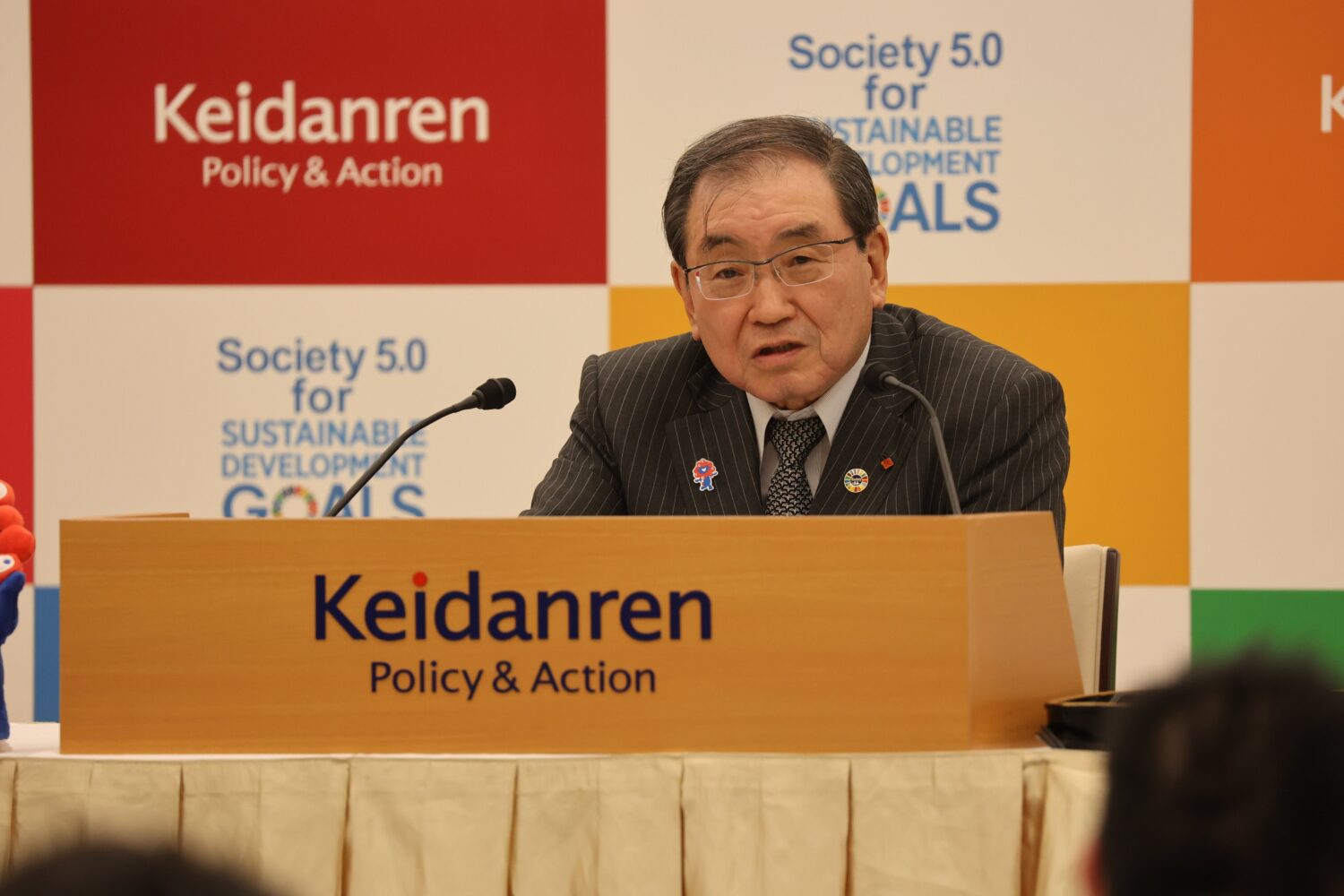According to Japan’s plan for measures to combat climate change, issued in May in response to the Paris Agreement, the country’s long-term target should be to “reduce greenhouse gas emissions by 80% by the year 2050.” To achieve that target, one key is to reduce energy-derived CO2 emissions, which account for 80% to 90% of total GHG emissions. To that end, the country’s manufacturers are making their own voluntary efforts, advocating industry-based target levels for 2030 in an action plan to achieve a low-carbon society, developed at the initiative of Keidanren (the Japan Business Federation).
For example, in the realm of electric power, the Federation of Electric Power Companies of Japan (FEPC) and others established the Electric Power Council for a Low Carbon Society (ELCS) in February. The group is striving to enhance the effectiveness of its efforts through such efforts as supporting individual companies and promoting the PDCA cycle.
At the first meeting of the panel, METI personnel presented various points of argument together with related data on the following issues: (1) environmental protection, harmonized with economic growth; (2) global warming measures amidst a global context; and (3) breakthrough technologies to reduce GHGs. They then asked the panel members for their opinions.
The plan issued in May states that Japan “pursues solutions primarily through innovation” and “seeks to contribute to the reduction of global GHG emissions” through its technologies. Citing a plant in China that integrates waste incineration and cement production, Vice Chairman Tadaharu Ohashi of the Japan Chamber of Commerce and Industry said that he had “great expectations” for innovation in Asia, as well as confidence in the capacity of local networks and smaller businesses.
As for Japan’s long-term target of reducing GHG emissions by 80% by 2050, Keidanren Vice Chairman Yasushi Kimura urged prudent discussions for maximum effectiveness in achieving both economic growth and environmental protection.
Also speaking at the panel was Naoko Yamazaki, a former Japanese astronaut (who flew into space on the space shuttle Discovery in April 2010). She offered a bird’s-eye view of forest fires around the globe that are contributing adversely to CO2 emissions, and pointed out the need for long-term thinking in coordination with other fields.
Meanwhile, Satoko Ito, a Japanese freelance broadcaster, noted that “some things are to be tackled over the long term and others over the short term.” She then mentioned the increase in CO2 emissions that had resulted from the failure to restart the country’s nuclear power plants, and stressed the need for people nationwide to become aware of “energy sources that do not emit CO2.”












